You can’t manage what an influencer says about your brand: Terry Peigh
Under New Realities, a global research study from IPG partnered by FCB Cogito in India, is being conducted for the last 6 years. The research focuses on the influence of new media, new sources of product information, and the changing nature of consumer decision making. This year’s study in India (the 4th wave of tracking) provides important information and insight on how digital is changing consumer behaviour, diving deep and reckoning the trends, trajectory, pattern, influences, impact on the behaviour and the end-result, of making a choice. Cogito Consulting is the independent consulting division of FCB India.
As part of the study, quantitative research was carried out in several countries, including China, the US, England, India, Brazil, South Africa and Russia. Country V/s country comparisons were made and consumer changes were studied over time in a particular country to reach the end-result. Over 600 online interviews (per country) were conducted in 7 countries as part of the study.
The insights highlight the various touch points in the consumer journey that are pivotal in studying consumer behaviour, such as:
- Consumer like and dislike to learning about products
- Their interest in advocating and telling others about products
- Their level of frustration and confusion with product information
- The social value they get from such information
- The new role of brands and brand names
- The relative importance of various media in helping them make a product decision
Particular to India, the study provides a unique window into the consumer behaviour pattern. It aims to understand the evolving consumer to ascertain the new market realities for Indian marketers.
Few interesting insights about Indian consumers from the study:
- Digital revolution has shown us a totally different path to user delight that doesn’t even need much money
- Where do consumers turn for trusted information in the digital era
- Role of advocacy in social media
- The percentage of marketers now using the influencer channel as a part of the marketing plan
Market (region) centric insights:
- Key markets that are influenced by peer feedback on digital media. An important consumer behaviour trait
- Markets where consumers derive the greatest joy and fulfillment from researching about products online
- Markets displaying an individual’s knowledge about brands becoming a new social currency
- Assessment of media value across markets on influencer marketing campaigns
Commenting on the research, Terry Peigh, Managing Director of Interpublic Group, said, “The data from this year’s IPG/ Cogito research in India are especially interesting and valuable for today’s marketers. They clearly show how India leads all countries studied when it comes to consumers feeling valued by friends for their knowledge about products; in leading all countries in giving brand opinions to friends; and in viewing brand names as more important than ever before. I’d say that today’s Indian consumer is perhaps the world’s most passionate and involved consumer!”
In a free-wheeling conversation with Adgully, Terry Peigh speaks about influencer marketing, digital trends in the next five years, long format ads, brand faith and more. Excerpts:
How long do you think influencers have been on the digital scene, because celebrities have always been accessed as influencers, although paid ones; but the recent digital and social media waves have proven otherwise?
We have sufficient influencers around us all the time like your neighbours, cousins, mother, friends, etc. But during the last couple of years, this trend has erupted where people are working to get thousands and millions of followers and people who like them on social media and they are getting paid for it too. So, it is kind of the famous American saying, “Wild West”, it’s shifting and what we see now may not be there tomorrow. It’s hard to predict what people are going to trust.
Speaking of predicting the future, what are the trends or insights that you have for the future of digital, say in the coming five years as the discussed research took six years to conduct?
I think the trust issue will not go away, instead it will become a bigger problem. People would have been following the trend and becoming more severe about it. In so many cultures, people are so sensitive to honesty. As that happens, it makes life more challenging for marketers and people in communication as the screen to send across the message becomes thicker. Therefore, everything we do, we will have to ensure that honesty is there at the centre. Like I said earlier, “what your mother said, what my mother said”, it’s so amazing to see how common this is and yet so disregarded. Marketers should try to stay as honest as possible. Have the courage to advertise your strengths even if it means that you are not exactly cheap in your services, but focus more on the advantages that you have over others.
Interestingly, the report mentions that people who were not ready to invest their time in watching a 30-second TVC are now watching 4-5 minute long ads for the same brands on digital medium like YouTube. Where do you see this trend going? What could have led to this phenomenon?
At the base, it shows that consumers still value the entertainment in the richness you get from video, no matter the size of the screen. The marketers have experimented with longer format videos, which are also not cheap to produce but people find it very entertaining. The ultimate point would be – is it a good value to spend money on private messages made by high-end directors for a five-minute movie. Bigger companies can do that, but not the smaller or medium sized ones. It only shows how much people value the visual medium, unlike the 140-character (now 280 characters) led platform like Twitter.
Talking about the risks, authenticity, privacy or breach of privacy involved, and every kind of potentially negative element involved in the gamut of influencers and influencing brands, do you think it’s safe to say that marketers and brands have accepted this is a legit form of branding practice?
Yes, very much. The fact that marketers do not have control here the way they have over traditional, paid and controlled advertising, on the content being circulated, causes some anxiety. In the case of influencer marketing, there are many ‘ifs’ involved. People have to be willing to go in and take their chance, mistakes will be made, but there will be many learnings too. It’s a brave attempt, but they have to go with it.
Is it because the marketers have too much faith in their brands and products or is it their way of accepting all reviews, good-bad and accept the field with wider arms? What more does it take for the brand in this kind of magnified branding, where the results are not even in their control?
It takes an understanding and insights in terms of the value of the channel. As people have begun realising how big this can be as an opportunity to pass on, they have realised how valuable it can be for particular categories of brands and products. It takes some bravery to look over. You can’t really manage what an influencer has to say about your brand. The worst mistake that you can do is to write something about your product for an influencer. It has to come from their voice and be totally authentic. If not, the audience can smell it out very quickly.
In our understanding, the brands seek positive customer faith in their brand and products. Is it the reason why they lean forward and allow these platforms and performers to get into their space and do the work for them?
It is a big part of it. It is all ROI based as well. They can get a significant part of it from influencer marketing. At the end of day, they are monitoring price perception and measuring trust. It has to be much more aggressive and striking. Influencers are now even seen as great friends of marketing. Just requires patience and care and a little bit of bravery.
What is your view on the recent restructure announced for the Cannes Lions Festival? Are they a necessary upgrade or more of a cosmetic exercise?
I read the other day that they have reduced the number of days. There was an increase in sensitivity in terms of the cost for a lot of companies. This has got to be an expensive deal and they have to be more of a profit concerned company like any other company. We have to be very judicious in how we spend our money. They reached a point where it was getting excessive and smartly Cannes Lions responded by making the change. I applaud them for their efforts.





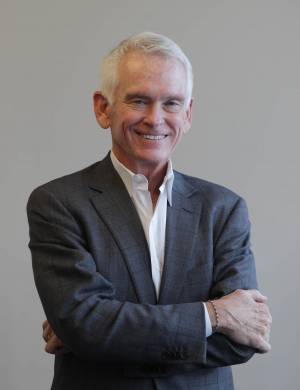

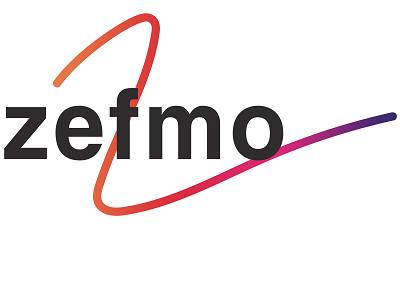
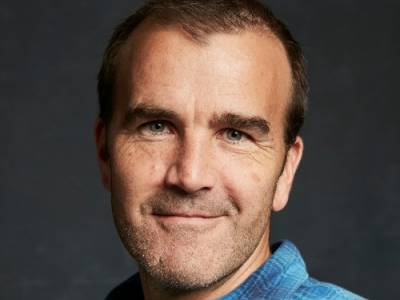
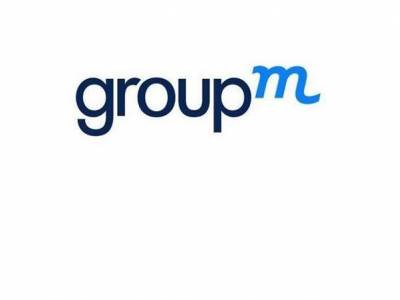
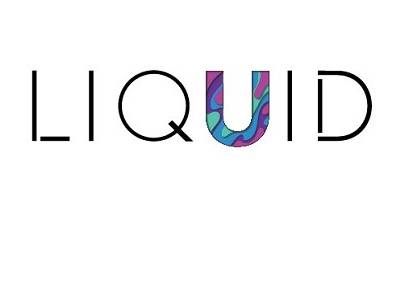
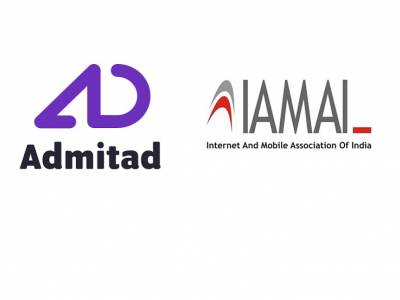


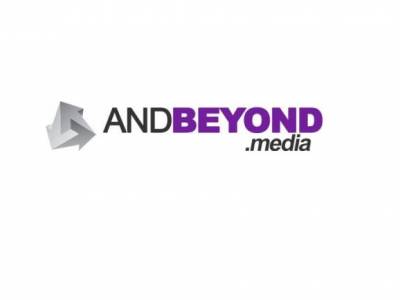
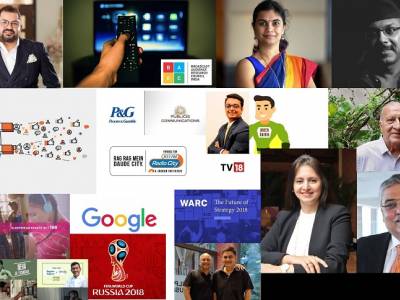
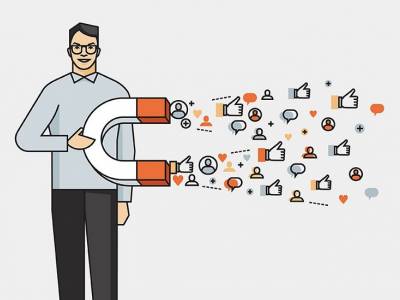
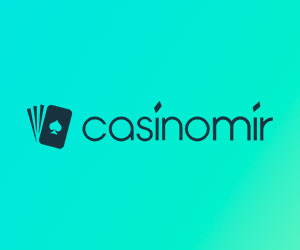

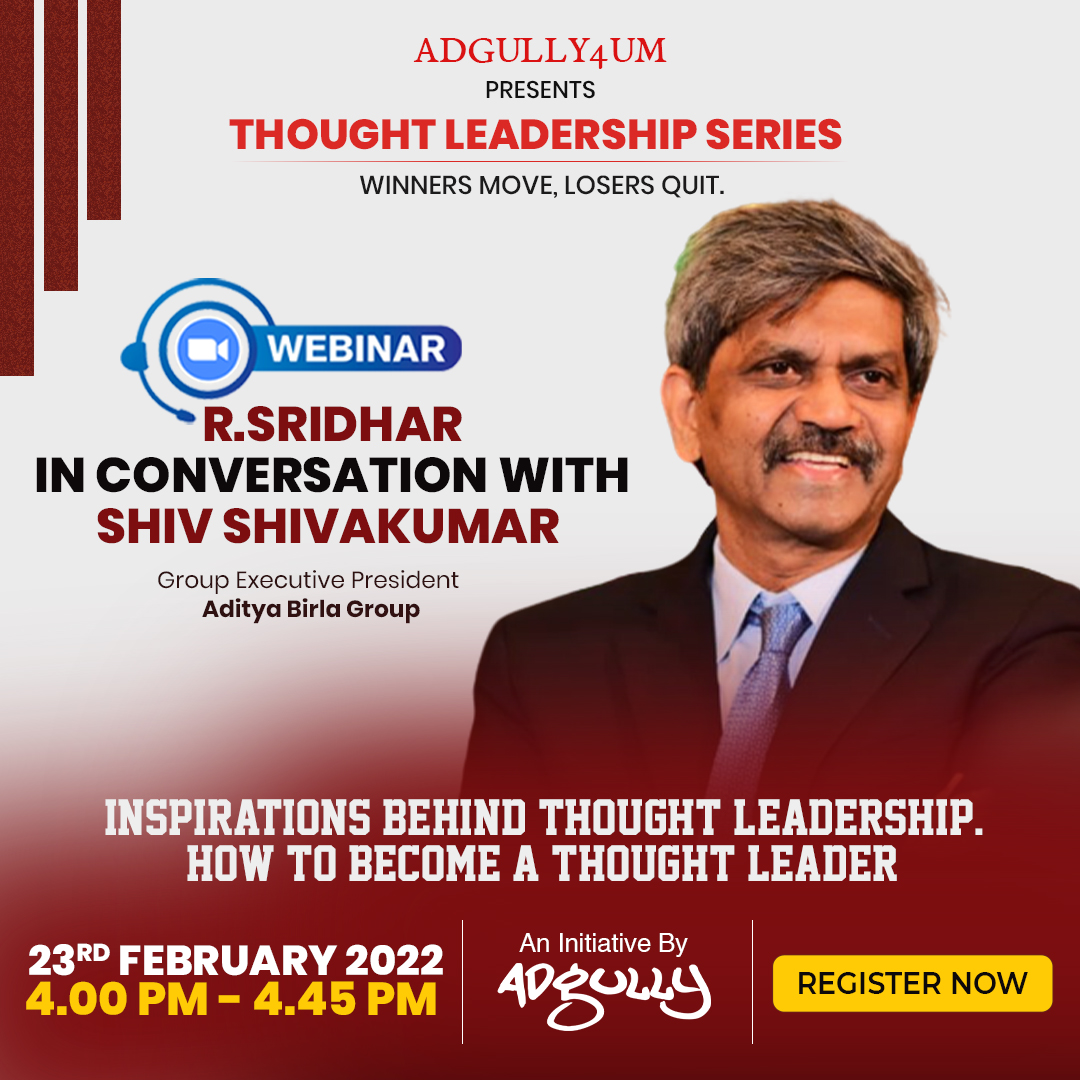
Share
Facebook
YouTube
Tweet
Twitter
LinkedIn